Many of us love living with pets. We share our homes, beds, food, and highs and lows with them. Indeed, we are so attached to our animal companions that pet cloning is becoming big business. Of course, not all pets live in loving environments, and we’ve all heard horror stories of abuse or neglect. Nonetheless we generally assume that there is nothing necessarily problematic about keeping animals as pets. In our latest LSE Philosophy blog article, postdoctoral researcher Richard Healey shares his doubts about this assumption.
Pets and Power
Most of us will have had a pet of some kind throughout our lives. According to the PDSA, in 2024 there were 10.6 million pet dogs, 10.8 million pet cats, and 800,000 pet rabbits in the UK. Thus, even setting aside all the other birds, rodents, and reptiles, pets in the UK significantly outnumber children (14.4 million in 2024). Similar statistics are replicated around the world, and the practice of pet keeping is only growing. Globally, the pet industry is projected to grow from $320 billion today to $500 billion by 2030.
Most ethical discussions concerning the permissibility of pet keeping focus on the question of whether we can give individual pets a good life. However, we think this tendency to focus on the well-being of individual pets obscures important political dimensions of the practice.
Of particular importance, in keeping pets we exercise a huge amount of power. Pets are subject to socially organised power at both a domestic and a centralized political level. At the domestic level, pets are subject to the extensive power of guardians or owners who control most aspects of a pet’s life: for example, they determine where their pets sleep, whether they are caged, what they eat, where and when they can defecate and urinate, whether and how they are socialized, whether they have opportunities for exercise and play, whether, when, and how they reproduce, whether they raise their young, whether they receive medical treatment, and whether they are killed or euthanized. This domestic power is also regulated at a centralized level, through political decision-making and the rule of law, such that pets are also subject to the power of the state.
Illegitimate Power
OK, you might say, this is true, but why is this problematic? Well, a central tenet of liberal political thought is that no individual naturally has legitimate power or authority over another. Our ability to exercise power by imposing coercion, force, and threats must be justified if it is to be legitimate. And there is no reason to think that the same is not true of our power over non-human animals. (For a fuller discussion, see here.)
When we consider what could justify our upholding a practice that instantiates systematic relations of asymmetrical power between humans and millions of non-human animals, we come unstuck, for three reasons.
First, we generally think that for one person to have legitimate power over another person this power must justified by the interests of the subject of power and not to the interests of the ruler. For instance, the fact that it would be good for a King or Queen to have power over their subjects is not a good justification for their having this power. This has important implications for our ability to justify the relations of power involved in pet keeping. Centrally, human interests in keeping pets cannot contribute toward a satisfactory justification of those relations. For example, our desire for companionship or our aim of using a relationship with a pet to educate our children about love and death cannot contribute to a satisfactory justification, because these reasons appeal to our interests rather than the interests of the animals themselves.
Second, in keeping pets, we systematically set back their interests in having control over their own body, actions, and environment. Non-human animals are not robots. Many are thinking and feeling creatures with the ability to represent the world to themselves and to act in pursuit of their own preferences (see, for example, here and here). For this reason, we argue, they have important interests in having control over what they do and what happens to them – just as we all have important interests in controlling who can touch us, who we spend time with, and where we go. Yet our practice of pet keeping systemically set back these interests. Just think of the familiar sight of a dog being tied to a lamppost, pulled along by a lead, or confined in a kennel.
Third, being subject to the power of another inevitably means that we are vulnerable to harm. Of course, vulnerability is an inevitable part of human and animal life. But we also think that when vulnerabilities are created or exacerbated by social and political arrangements, they are liable to critique. Indeed, there is a general objection to being exposed to risks of harm without good reason. And, as Robert Goodin argues, these risks are especially morally dangerous when there is asymmetrical balance of power, and the power holder has discretionary control over resources that the subordinate needs. Yet this is precisely the situation that pets face. They are highly dependent on their guardians for the satisfaction of all their needs and interests, and thus subject to serious risks of harm.
A Case for Abolition
The upshot is that, while we should do whatever is required to give all existing pets a good life, we have a strong moral reason to abolish the institution of pet keeping. When combined with other reasons, such as the detrimental impacts of the practice on the environment, we think the case is overwhelming.
Of course, the prospect of abolishing the institution of pet keeping raises numerous questions that I cannot address here. And, no doubt, many will respond that the proposal is infeasible. Whether or not this is true, it does nothing to show that the practice of living with pets is just or can be made to be so.
By Richard Healey
Richard Healey is a moral, political, and legal philosopher, currently working as a post-doc as part of the ‘Not in my Name’ project at CPNSS.
Notes
This blog article is based on recent work by Richard Healey (CPNSS) and co-author Angie Pepper (University of Roehampton).



















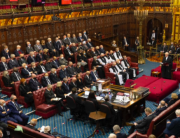











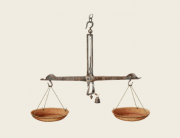



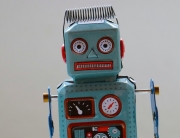




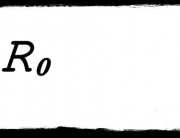

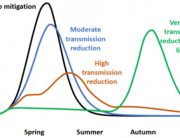




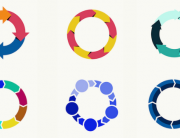

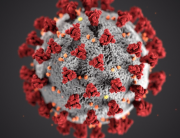
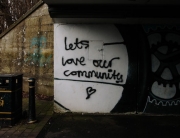



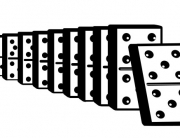





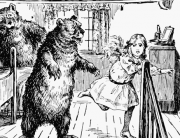









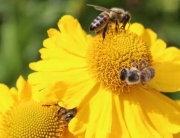










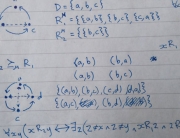






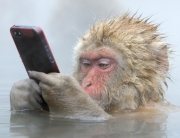





















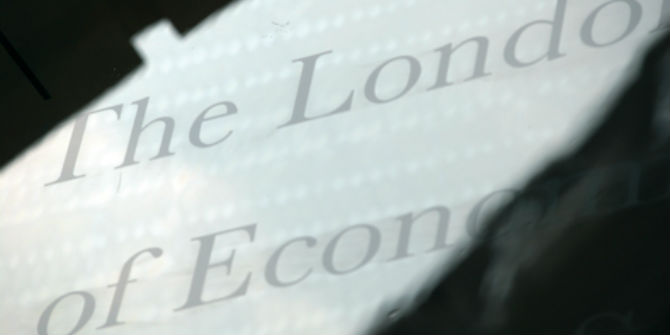






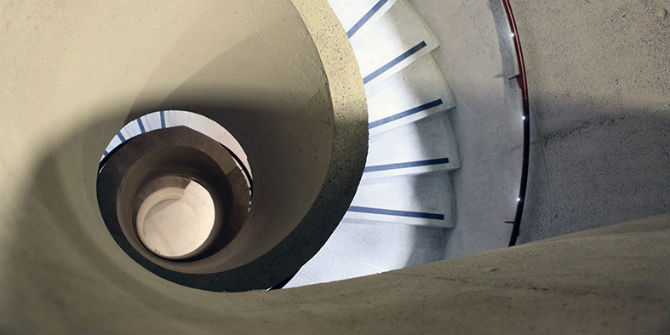
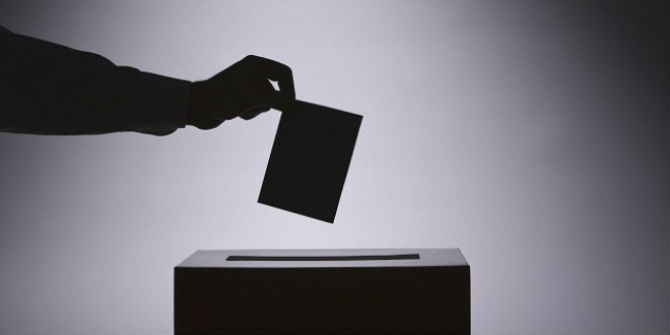


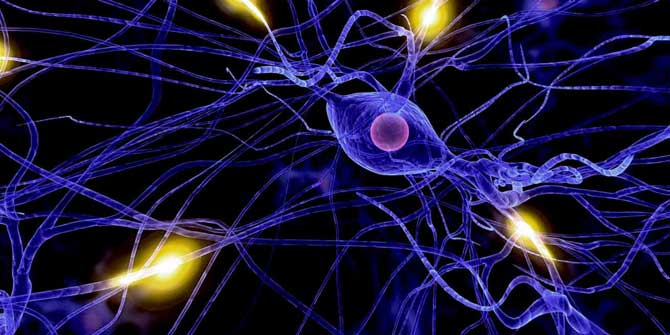
What if it is in the best interest of the animal to be a pet? Life on the streets and the risks associated with it doesn’t seem like it is worth the autonomy that comes with it. Making this judgement on behalf of the animal does still seem problematic to me, though parents enforce similar control over children, in their best interest, all the time?
Maybe “rescued” pets are different?
You raise several important points. Starting with the trade-offs between autonomy and life on the streets, things are delicate. Importantly, our position is not that we should simply “liberate” all pets here and now. In some cases this may well be warranted and in others there may important intermediaries between the status quo and full blooded freedom. However, there are likely to be cases in which, given the capacities of those involved, it would not be appropriate to simply relinquish them. In those cases, we are required to give those individuals the best life we can and this will require various exercises of power. (And this indeed means that in the case of rescue pets things will often be different, though again things are complicated.) But – and importantly – what we think our argument shows is that we lack a good justification for replicating the practice of pet keeping.
With regard to the question of who decides and the example of children. First, I think you are right to be concerned about the fact that it is we who decide. Indeed, this is a central example of an exercise of power that requires justification. Moreover, we frequently judge that it is inappropriate to intervene with someone even when it is obvious that what they are doing will cause them significant harm.
As for the fact we do this with children, this is of course correct, but there are a number of important moral differences between pets and children. Centrally: (1) Pets are not the products of human reproduction, and so we cannot appeal to our interests in having children or rights to bodily autonomy (etc.) to help justify having pets, and (2) for those children who are able to be independent they are raised and educated to be increasingly independent and it is assumed they have increasing rights to autonomy.